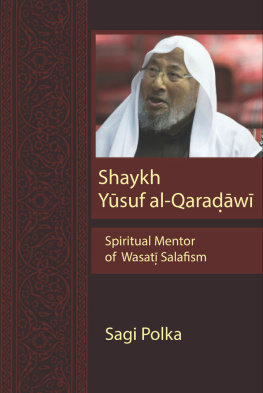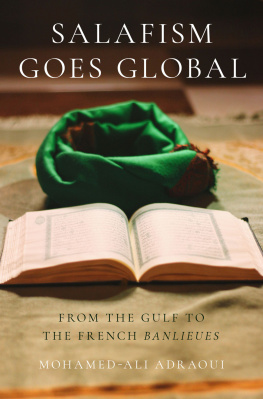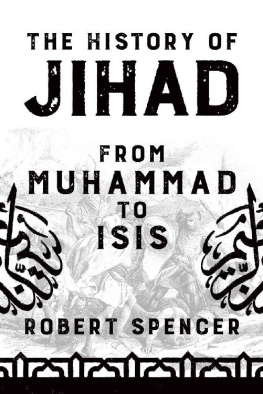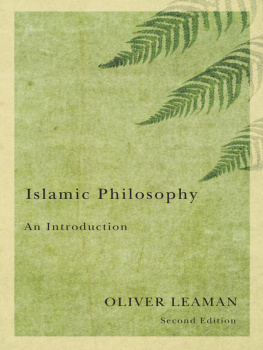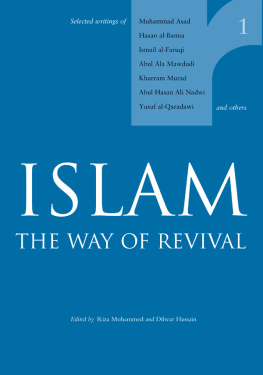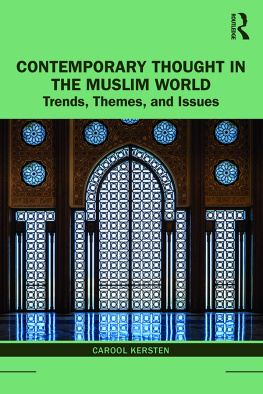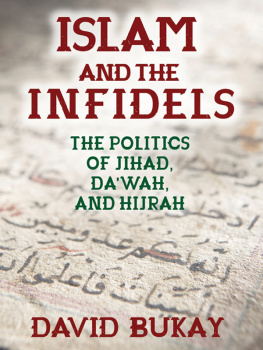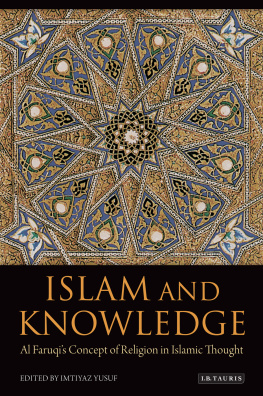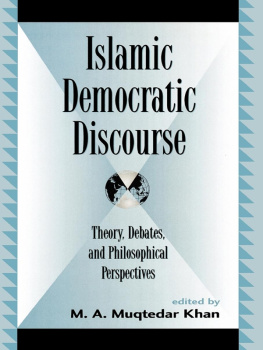Table of Contents
Guide
Page List


Select titles in Modern Intellectual and Political History of the Middle East
Emirate, Egyptian, Ethiopian: Colonial Experiences in Late Nineteenth-Century Harar
Avishai Ben-Dror
The Iranian Constitutional Revolution and the Clerical Leadership of Khurasani
Mateo Mohammad Farzaneh
Jurji Zaidan and the Foundations of Arab Nationalism
Thomas Philipp
Mirror for the Muslim Prince: Islam and the Theory of Statecraft
Mehrzad Boroujerdi, ed.
Mohammad Mosaddeq and the 1953 Coup in Iran
Mark J. Gasiorowski and Malcolm Byrne, eds.
Ottoman Rule of Law and the Modern Political Trial: The Yldz Case
Avi Rubin
The Revolt of the Young: Essays by Tawfiq al-Hakim
Mona Radwan, trans.
Why Alliances Fail: Islamist and Leftist Coalitions in North Africa
Matt Buehler

Copyright 2019 by Syracuse University Press
Syracuse, New York 132445290
All Rights Reserved
First Edition 2019
19 20 21 22 23 24 6 5 4 3 2 1
The paper used in this publication meets the minimum requirements of the American National Standard for Information SciencesPermanence of Paper for Printed Library Materials, ANSI Z39.481992.
For a listing of books published and distributed by Syracuse University Press, visit www.press.syr.edu.
ISBN: 978-0-8156-3634-2 (hardcover)
978-0-8156-3652-6 (paperback)
978-0-8156-5480-3 (e-book)
Library of Congress Cataloging-in-Publication Data
Names: Polka, Sagi, author.
Title: Shaykh Yusuf al-Qaraawi: spiritual mentor of Wasai Salafism / Sagi Polka.
Description: Syracuse, N.Y. : Syracuse University Press, [2019] | Series: Modern intellectual and political history of the Middle East | Includes bibliographical references and index.
Identifiers: LCCN 2019002574 (print) | LCCN 2019004672 (ebook) | ISBN 9780815654803 (E-book) | ISBN 9780815636342 (hardcover : alk. paper) | ISBN 9780815636526 (pbk. : alk. paper)
Subjects: LCSH: Qaraawi, Yusuf. | Muslim scholarsBiography. | Salafiyah. | SalafiyahHistory.
Classification: LCC BP80.Q357 (ebook) | LCC BP80.Q357 P655 2019 (print) | DDC 297.8/1092 [B] dc23
LC record available at https://lccn.loc.gov/2019002574
Manufactured in the United States of America
In loving memory of my devoted mother, Hasida, my guide and mentor
Contents
Illustrations
Acknowledgments
This book is the fruit of years of inquiry into the discourse in contemporary Islam, focusing in particular on the wasaiyya movement and its head, Shaykh Yusuf al-Qaraawi. After completing my PhD dissertation on the wasaiyya movement under the supervision of Michael Winter, I taught text-based courses on various aspects of al-Qaraawis teachings for many years. The students of these courses, many of them Muslims, provided the inspiration for the present book. Throughout the years of research, many people helped me, and I would like to take this opportunity to thank them. First and foremost, I thank the Nehemiah Levtzion Center for Islamic Studies, which has provided me with a research fellowship for the past two years, made possible thanks to the efforts of Meir Hatina, chairman of the Department of Middle Eastern History at the Hebrew University, and of Liat Kuzma, head of the Levtzion Center.
I also thank all of the friends who agreed to read a preliminary version of the books chapters and made very useful comments: Meir. M. Bar-Asher, Ella Landau-Tasseron, Aharon Layish, Binyamin Abrahamov, Isaac Hasson, Yoram Meital, and Vardit Rispler-Haim. Each of them read one chapter dealing with a topic in his or her respective field of specialization. Their comments were illuminating and helpful. I also express my heartfelt thanks to the two anonymous readers of the manuscript, who made a crucial contribution to the book by highlighting important aspects of the various currents of Islamic thought. I learned much from these readers, but, of course, whatever errors the book may contain are my own.
A special word of appreciation goes to Michael Winter, the devoted supervisor of my dissertation. It was in his courses on contemporary Islamic thought that I first became exposed to the fascinating intellectual world of the wasaiyya movement.
My research necessitated the acquisition of numerous Muslim publications. My trusted friend Yaacov Setty helped me to purchase them in Cairo. Without the help of the Israeli ambassador in Cairo, David Govrin, the books could not have been dispatched to me.
A special thanks to the two translators, Hagit Migron and Michael Guggenheimer, who translated the Hebrew manuscript into English with professionalism and dedication and while understanding the intricacies of the text.
I extend my gratitude to Syracuse University Press for its willingness to take on the task of publication. Special thanks go to Alison M. Shay, the acquisitions editor, who accompanied the manuscript from its first stages and worked tirelessly to bring it to publication. My thanks also to the series editor, Fred Lawson, who together with Alison helped develop the manuscript and gave useful advice, and to Kelly Balenske, the assistant editor, who was very helpful in the last stages of editing. Without the publishers efforts and commitment, the book would not have seen the light of day.
My thanks and appreciation to Annie Barva for her professional and thorough editing of the manuscript, which greatly improved the text.
Last but not least, I offer my heartfelt gratitude to my dear wife, Ariella, and my two charming daughters, Oshrit and Noga, who made so many sacrifices over such a long time so that I would be able to devote my time to this research.
Abbreviations
ECFR | European Council for Fatwa and Research |
IS | Islamic State |
IUMS | International Union of Muslim Scholars |
MB | Muslim Brotherhood |
UAE | United Arab Emirates |
UN | United Nations |
Note on Transliteration and Translations
Arabic words and terms are spelled in accordance with the transcription rules of the International Journal of Middle East Studies (IJMES). However, I also transliterated words in common use that according to the IJMES rules should not be transliteratedfor example, shara, muft. The same goes for proper nouns such as Quran, Quranic, and al-Qaraawi. I spelled well-known names without transliterationfor example, Osama bin Laden and al-Qaida (the latter should have been transliterated al-Qaida). A t marba that is not in the construct state is transliterated as h in words that are preceded by for example, ayh, duh.
Islamic terms that possess religious and cultural connotations that a literal English translation cannot fully conveyfor example, kimiyyaare, when first mentioned, given a literal translation and accompanied by an explanation and the original term in transliteration, and they subsequently appear only in transliteration.

